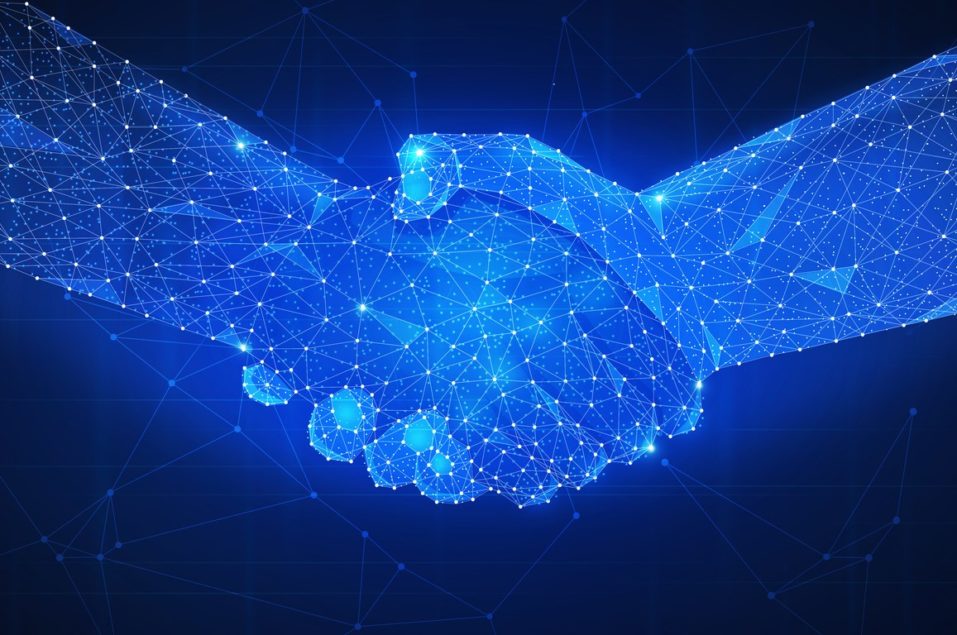
The Basics
Today’s generative artificial intelligence (GenAI) is pulling commercial agreements out of the file cabinet and turning them into interactive, value-creating business partners.
As it increases the speed of contract reviews, GenAI is cutting through traditional “legal-ese,” allowing procurement professionals with no legal background to “converse” with contracts in plain English, and obtain natural language answers to critical business questions such as “What is the essence of this contract?” “What is the rebate schedule?” “What discounts are we allowed?” “What are the names of the specified suppliers?” “What is the contract’s duration?” “What risks should we be aware of?”
“There are bottom-line benefits to the growing fusion of CLM [contract lifecycle management] and GenAI,” says Alex Nadesan, vice president Global SAP Alliance at Icertis. “Companies can be assured that vendors provide the services to which they are obligated. Potential risks are identified and red-flagged for review. And fewer opportunities for enhanced saving fall through the cracks.”
The Future
While GenAI has proved to be a valuable tool for enhancing the value of individual contracts, commercial agreements do not exist in isolation. The terms of one contract can affect those of others in unanticipated ways.
“An individual procurement professional may understand a single commercial agreement,” says Nadesan. “But it’s been hard for companies to get a handle on all of the moving parts in the entire contract system.”
GenAI, applied to a company’s entire contract portfolio, can discover the ramifications of a company’s legal agreements holistically. The result is a sophisticated analysis of revenue opportunities and risks. “People are going to be able to interact with their contracts in a relational way that wasn’t possible before,” says Nadesan. “They will obtain a holistic picture of what the company is getting in return for its investments.”
Enterprise integration is an important element in this new process. GenAI will be able to monitor those parts of a commercial interaction that are under a partner’s umbrella. “When purchase orders are set up, GenAI will be able to refer back to relevant contracts to ensure that the company is getting everything from a vendor contractually agreed to,” says Nadesan. On the sell side, GenAI will ensure that vendors avoid penalties by providing all agreed-upon goods and services.
As this technology develops, contracts will become autonomous entities that control the business dynamic. They will do this because of three characteristics. They will be auto-generated when two parties agree to a transaction. They will be auto-negotiated, cementing into mutually agreeable form the terms that turn an initial agreement into a win-win transaction. And they will be auto validated, taking on the role of an experienced attorney who ensures the legality and compliance of the contractual terms.
“Currently, the contract is just a rule book, and the game is on the field,” says Nadesan. “In the years ahead, the contract will be the game, managing where and how the company interacts with partners and how each partner will obtain value from the other.”
Resource Link: www.icertis.com/products/copilots
- SEO Powered Content & PR Distribution. Get Amplified Today.
- PlatoData.Network Vertical Generative Ai. Empower Yourself. Access Here.
- PlatoAiStream. Web3 Intelligence. Knowledge Amplified. Access Here.
- PlatoESG. Carbon, CleanTech, Energy, Environment, Solar, Waste Management. Access Here.
- PlatoHealth. Biotech and Clinical Trials Intelligence. Access Here.
- Source: https://www.supplychainbrain.com/articles/38825-contract-intelligence-genai-turns-commercial-agreements-into-value-creators
- :has
- :is
- :not
- :where
- $UP
- a
- Able
- affect
- agreed
- Agreement
- agreements
- ahead
- alex
- All
- Alliance
- allowed
- Allowing
- an
- analysis
- and
- answers
- applied
- ARE
- artificial
- artificial intelligence
- AS
- assured
- At
- attorney
- auto
- autonomous
- avoid
- aware
- back
- background
- BE
- because
- become
- been
- before
- benefits
- book
- business
- by
- cabinet
- CAN
- cementing
- characteristics
- commercial
- Companies
- company
- Company’s
- compliance
- contract
- contracts
- contractual
- control
- creators
- critical
- cutting
- develops
- discounts
- discover
- do
- duration
- dynamic
- each
- element
- English
- enhanced
- enhancing
- ensure
- ensures
- Entire
- entities
- essence
- everything
- exist
- experienced
- Fall
- fewer
- field
- File
- For
- form
- from
- fusion
- game
- generative
- get
- getting
- Global
- going
- goods
- Growing
- handle
- Hard
- holistic
- How
- http
- HTTPS
- identified
- important
- in
- Increases
- individual
- initial
- integration
- Intelligence
- interact
- interaction
- interactive
- interacts
- into
- Investments
- isolation
- IT
- ITS
- jpg
- just
- language
- Legal
- lifecycle
- LINK
- management
- managing
- May..
- Monitor
- moving
- mutually
- names
- Natural
- Natural Language
- New
- no
- obtain
- of
- on
- ONE
- opportunities
- orders
- Other
- Others
- out
- parties
- partner
- partners
- parts
- picture
- Plain
- plato
- Plato Data Intelligence
- PlatoData
- portfolio
- possible
- potential
- president
- process
- procurement
- professional
- professionals
- proved
- provide
- providing
- pulling
- purchase
- Questions
- ramifications
- Rebate
- refer
- relevant
- result
- return
- revenue
- review
- Reviews
- risks
- Role
- Rule
- sap
- saving
- says
- schedule
- sell
- Services
- set
- should
- side
- single
- sophisticated
- specified
- speed
- such
- suppliers
- system
- T
- taking
- Technology
- terms
- that
- The
- their
- Them
- they
- this
- those
- three
- Through
- to
- tool
- traditional
- transaction
- TURN
- Turning
- turns
- two
- umbrella
- unanticipated
- under
- understand
- validated
- Valuable
- value
- vendor
- vendors
- vice
- Vice President
- wasn
- Way..
- ways
- we
- What
- when
- which
- WHO
- will
- Win-Win
- with
- years
- zephyrnet












